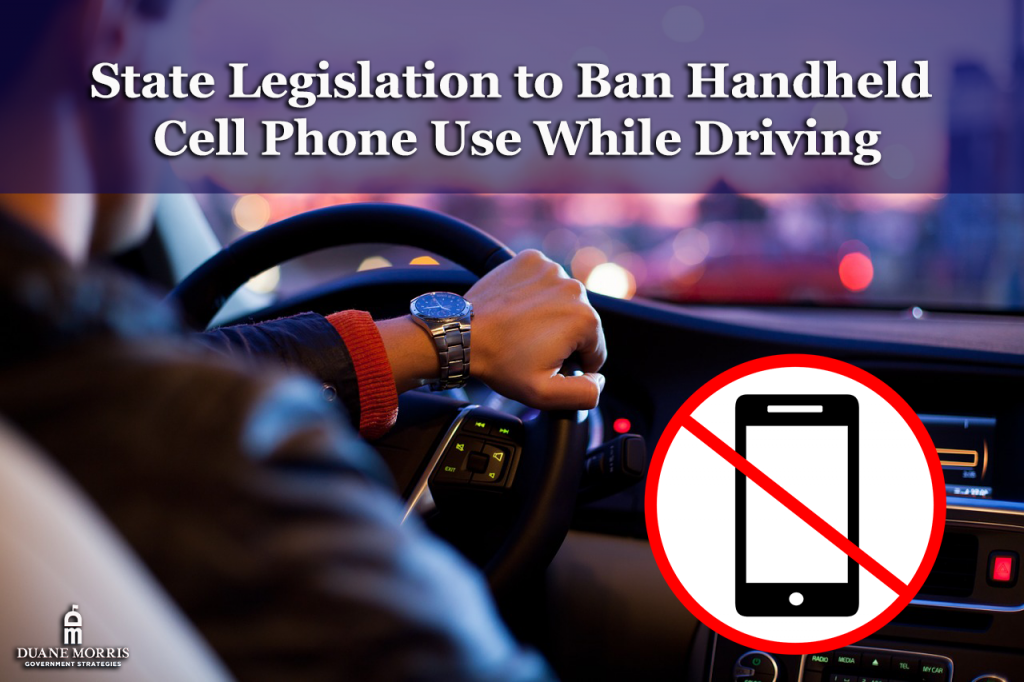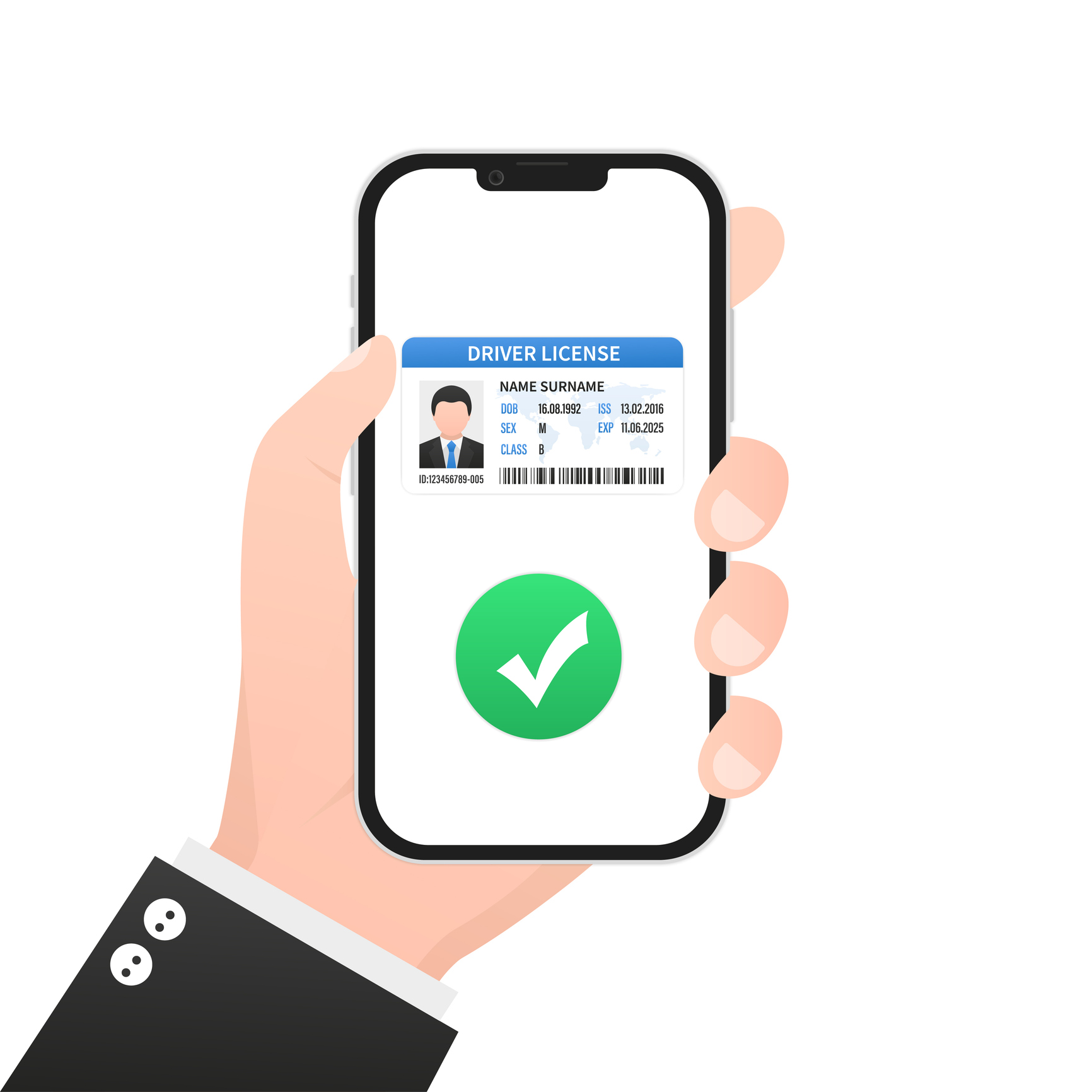
Lawmakers at the state, federal, and local government levels have acted or are looking to respond to distracted driving via distracted driving legislation. While most states have already banned texting while driving, some lawmakers are now focusing on legislation to ban handheld cell phone use altogether.
Estimates show 220 million people subscribe to wireless devices in the United States. As many as 80% of those subscribers use their phones while driving. Further, the NHTSA reported the number of people killed by distracted driving in 2019 was 3,142, an increase of 9.9% from 2018.
Lawmakers noticed this trend, as 25 states prohibit drivers from using handheld cell phones while driving and 48 states ban text messaging for all drivers. With half of the states prohibiting drivers from using handheld cell phones while driving, some state lawmakers in other states hope to join their ranks.
Alabama Distracted Driving Legislation: 2021 Recent Action
Some Alabama lawmakers hope to take action to address distracted driving in the 2021 legislative session. Current state law prohibits a person from using a wireless telecommunications device to write, send, or read text-based communication while operating a motor vehicle.
HB 90 was introduced last month and would make it illegal to hold a phone while driving in the state, as well as watching, viewing, recording, or capturing a video or pictures while operating a vehicle. However, hands-free options would still be allowed under the bill.
The bill expressly would prohibit:
- A person from watching, viewing, recording, or capturing a photograph or video while operating a motor vehicle;
- A person from physically holding a wireless telecommunications device while operating a motor vehicle; and
- A person from engaging in voice-based communication while operating a motor vehicle.
Anyone who violates the law would be guilty of a traffic infraction and subject to a $100 fine and two points on the individual’s driving record for a first-time violation, $200 and 2 points for a second violation, and $300 and three points for a third or subsequent violation.
North Carolina Distracted Driving Legislation: Hands Free NC
Legislation to ban handheld cell phone use while driving was introduced earlier this session in North Carolina. Senate Bill 20, known as the “Hands Free NC Act,” would make it unlawful to use a wireless communication device while operating a motor vehicle on a public street, highway, or public vehicular area.
The legislation would prohibit operating a motor vehicle under any of the following conditions:
- With a wireless communication device in the person’s hand;
- While physically holding or supporting a wireless communication device with the person’s body;
- While watching a video or movie or communicating by video on a wireless communication device; or
- While texting on a wireless communication device.
Anyone who violates the law but has not been previously found responsible for a violation that occurred within the 36 months before the date of the current violation would be guilty of an infraction and subject to a $100 fine and no insurance points. If someone violates the law and has had a violation in the last 36 months, they would be guilty of an infraction and subject to a fine of $150. If someone violates the law and has had two or more violations in the last 36 months, they would be guilty of an infraction and punishable by a fine of $200. Penalties between one and two insurance points would also apply under the bill, depending on how many offenses one commits.
Additionally, a person who violates the law while operating a school bus shall be guilty of a Class 2 misdemeanor for any violation instead of an infraction.
A previous version of the bill passed the State House in 2019 but failed to advance in the State Senate.
Pennsylvania Distracted Driving Legislation: Ban Handheld Cell Phone Use
In this legislative session, House Bill 37 was introduced to enhance driver responsibility. This legislation to ban handheld cell phone use was introduced and passed the House in the last legislative session. However, the state Senate did not move the legislation.
HB 37 specifically hopes to strengthen public safety by addressing the following issues:
- Primary offense for driving a vehicle while holding or supporting any electronic wireless device, regardless of the driver’s age.
- No points – $100 Fine
- A person may only use their wireless device while holding or supporting it when the vehicle is parked on the side or shoulder of a roadway, and the vehicle is safely able to remain stationary.
- GPS can be utilized; however, the device must not be held or supported with the body.
- 5-year optional sentence enhancement for those guilty of homicide by vehicle and a violation of the handheld prohibition during the same incident (mirrors the current texting ban).
- A parent or guardian must certify that their child has viewed educational material on the dangers of distracted driving before receiving a driver’s license.
- To help educate drivers of the law’s change, this legislation includes a provision directing law enforcement to issue warnings for violations for the first six months following the bill’s signing.
- Increases the fine for texting while driving from $50 to $100; and
- Clarifies that no person can be cited for both texting while driving and driving while supporting or holding an electronic wireless device.
Two other bills have thus far been introduced in the Pennsylvania legislature this session. House Bill 513 would prohibit the use of handheld mobile telephones, defined as a mobile telephone other than a hands-free mobile telephone with which a user engages in a call using at least one hand. Under the bill, any person who violates the law would commit a summary offense and, upon conviction, be sentenced to pay a fine of $50.
Another bill, House Bill 475, would prohibit the use of handheld electronic devices within a construction zone. The bill would also make a violation of the law a summary offense.
Utah Distracted Driving Legislation: 2021 Bill Defeated
House Bill 160 in Utah has already seen action this session. The bill was referred to the House Government Operations Committee, which voted to defeat the bill and return it to the Rules Committee by a 7-4 vote.
The bill would have prohibited using a handheld wireless communication device while operating a moving motor vehicle. The bill defined handheld wireless communication devices as a handheld device used for the transfer of information without the use of electrical conductors or wires (i.e., a wireless telephone, a text messaging device, a laptop, or any substantially similar communication device that is readily removable from the vehicle and is used to write, send, or read text or data through manual input). The bill is further prohibited using a handheld wireless device to read a written communication, including a text message, instant message, email, or viewing or recording video. A person convicted of a violation of the new law would have been guilty of a class B misdemeanor if they inflicted serious bodily injury due to using a handheld device while driving.
When the House Government Operations Committee met to discuss the bill, lawmakers opposed to the bill argued it would infringe too much on personal liberty and pointed to state statistics showing only half of distracted driving crashes are related to cell phones. Meanwhile, supporters argued that allowing distracted driving infringes more on the rights of those hurt or killed by it.
Related DMGS Articles:
Latest News
Photo credit: iStock.com/StudioGraphic As technology continues to evolve, digital driver's licenses (also known as mobile IDs) are gaining traction across the United States. States are increasingly exploring legislative measures to modernize driver identification systems, enabling [...]
Photo credit: iStock.com/NongAsimo Catalytic converters are a very valuable car part located beneath most motor vehicles. The devices convert harmful pollutants in internal combustion engine (ICE) exhaust gases into less toxic ones. According to David [...]
Photo credit: iStock.com/oxinoxi As we've noted in the past, electric bicycles are becoming increasingly popular, a billion-dollar industry in the United States. Advancements in electric vehicle technology continuously optimize electric bicycles as efficient, eco-friendly modes [...]
Photo credit: iStock.com/Michael Derrer Fuchs State legislatures are working to increase rail safety by improving current regulations and creating new policies to promote safer railroad practices. Such initiatives coincide with federal legislation introduced after hazardous [...]






Stay In Touch